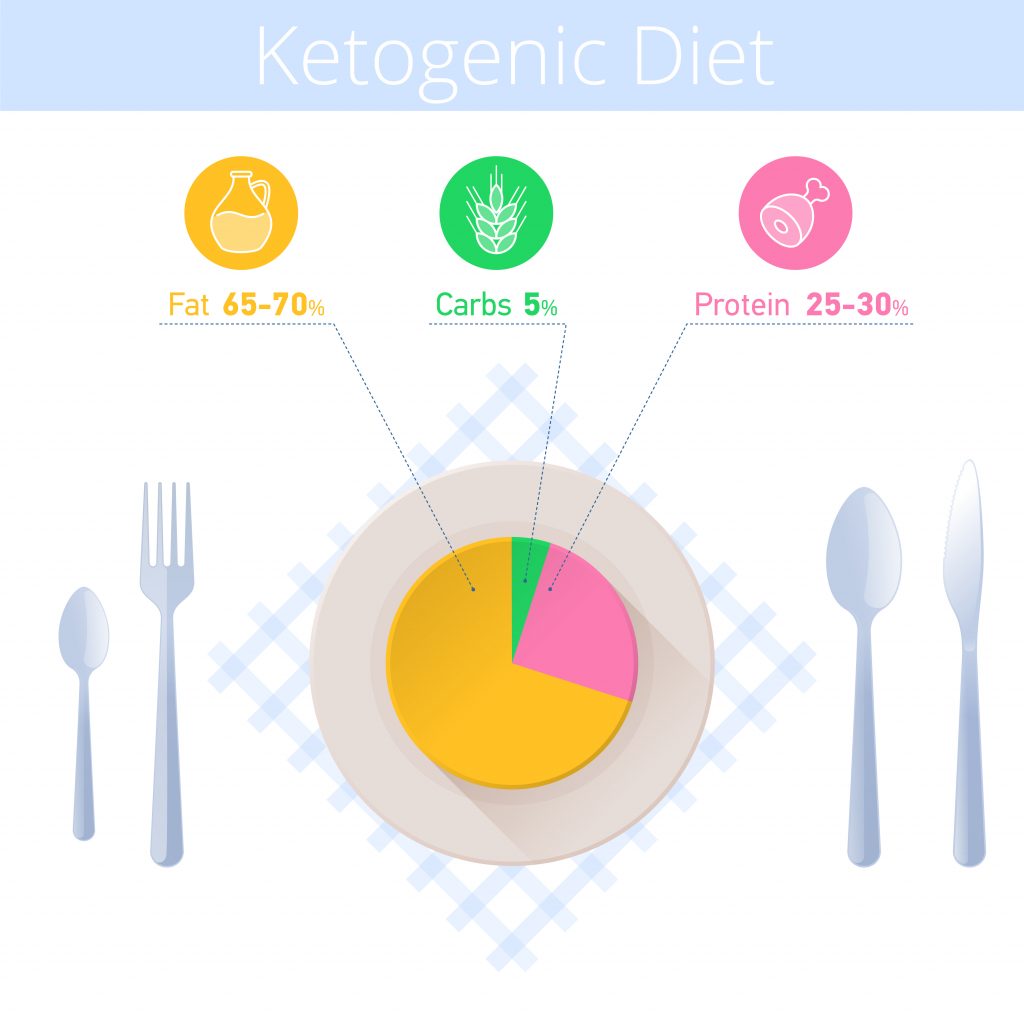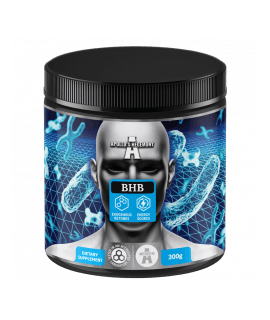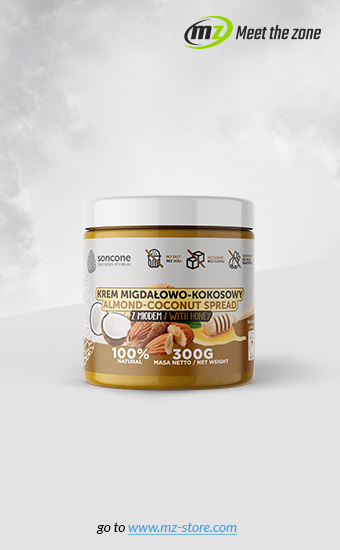Protein-fat breakfasts are gaining more and more attention and are replacing the classic breakfast rich in carbohydrates. They are indicated especially for people who have problems with carbohydrate metabolism, blood sugar levels, after a meal they feel drowsy or have a problem with the fat loss despite using a diet with a caloric deficit and physical activity.
Reversed macronutrients?
The proposal to reverse the proportion of macronutrients during the day results from the dynamically changing state of knowledge in the nutrition sciences. However, not everyone needs to replace the classic breakfast with a protein-fat breakfast. It is a matter of individual preferences and organism needs.
The phenomenon of protein-fat breakfasts
For many years, nutritionists have propagated the meal plan, which is now a well-known breakfast rich in carbohydrates and a vegetable-protein dinner. Until now, it was thought that the morning was the best time to eat a carbohydrate meal, which was to provide energy for the first part of the day and to energize the body to optimal functioning. On the other hand, consuming meals rich in carbohydrate sources for the last meal of the day was supposed to promote weight and fat gain.
However, it turned out that this scheme does not work in everyone’s way and sometimes it can do more harm than good. Knowledge about nutrition is developing very dynamically, hence the change of nutritional recommendations every few years should not be surprising. Based on our observations of people from the food-related industry and gradually appearing scientific research, it was found that a carbohydrate breakfast such as porridge with milk and fruits, sandwiches, wholemeal flour pancakes or millet fritters is not an ideal solution for everyone, and a better alternative to it is a protein-fat breakfast.
Reports about the beneficial effects of such breakfast began to appear several years ago. In the scientific studies comparing the effect o of a breakfast consisting mostly of carbohydrates and consisting mostly of proteins and fats, it was found that protein-fat breakfasts suppress appetite for a longer time, give a more intensive feeling of satiety and have a better effect on increasing metabolism. It is often repeated that one diet perfect for everyone does not exist. The same conclusion has been drawn for breakfast because many people after eating a classic balanced breakfast feel hungry quickly. They also feel drowsiness and cravings for sugar.

Circadian rhythm of the body and the composition of breakfast
Well-being is highly dependent on the secretion of hormones. However, these are associated with physiological processes occurring in the body as part of a circadian rhythm. What happens in the body at different times of the day and night also translates into the need for energy and concrete nutrients.
When choosing breakfast ingredients, it is very important to know what processes take place in the body immediately after waking up. During sleep, cortisol (a hormone associated with stress) is doing the main work because it is responsible for breaking down triglycerides into free fatty acids to use them as a source of energy necessary at night to support life processes. Therefore, it promotes fat burning, but only if the level of insulin in the circulation is low. Cortisol, insulin, glucagon and adrenaline are hormones that control blood sugar. When your blood glucose levels fall too low during sleep, glucagon and adrenaline are secreted next to cortisol, which raises sugar level in the result. 30-50 minutes after waking up, the blood cortisol level is the highest during the middle of the day, and then gradually decreases until the evening. If the insulin level is kept low in the morning, the effect of cortisol promoting fat burning is prolonged. However, when insulin levels rise sharply, fat burning is blocked and energy is converted into fat storage. This happens after eating simple and complex carbohydrates in the morning when the glucose level is low - the body is then much more sensitive to glycemic changes and reacts by rapid spikes in blood sugar after eating carbohydrates and, consequently, rapid spikes of insulin. A large burst of insulin translates into a rapid decrease in glucose and in result a feeling of fatigue, drowsiness, hunger and craving for sweet food that appear after an actual meal.
This can be avoided by excluding carbohydrate sources from breakfast and eating protein and fat meal. Thanks to this, the effect of cortisol regarding burning fat is prolonged and protects against fluctuations in insulin and blood sugar levels. Carbohydrates should be eaten when cortisol levels drop, e.g. afternoon. It is good when they also appear in the evening (especially for the people with carbohydrate metabolism problems). This will prevent your blood sugar from falling below normal overnight.
Who should eat a protein-fat breakfast?
Does this mean that everyone should eat protein-fat breakfasts? No, it is not necessary. Classic breakfasts containing bread or cereal can still and should be eaten by people who have no problems with carbohydrate metabolism, and after eating a meal rich in carbohydrates they feel a surge of energy, not drowsiness and hunger returning quickly. A breakfast containing carbohydrates is also recommended for those who exercise in the morning.
Protein-fat breakfast - examples
The product based on which the easiest way to compose protein-fat breakfasts are eggs. You can prepare them in many ways. For example in the form of muffins, frittatas, scrambled eggs and omelettes. The addition to eggs should be a large number of vegetables with 1-2 tablespoons of high-quality fat, e.g. olive oil. At breakfast, meat and fish may appear, e.g. bacon, sausage, smoked salmon, grilled chicken.
People who do not like eggs are in a slightly more difficult situation, but not without a way out of it. Part of the protein-fat breakfast is often avocado, which can be stuffed with chickpea and dried tomato paste and then baked or cut and added to the salad with any vegetables and meat. Interesting suggestions are coconut milk cocktails or chia pudding with coconut milk. Coconut milk also tastes good with tomato puree and fried bacon, blended with avocado and almonds.
A valuable component of protein-fat breakfasts are also nuts. For people who are accustomed to eating sandwiches in the morning and do not want to give them up, the ideal option is low-carbohydrate bread substitutes that can be used as a base for a sandwich.









